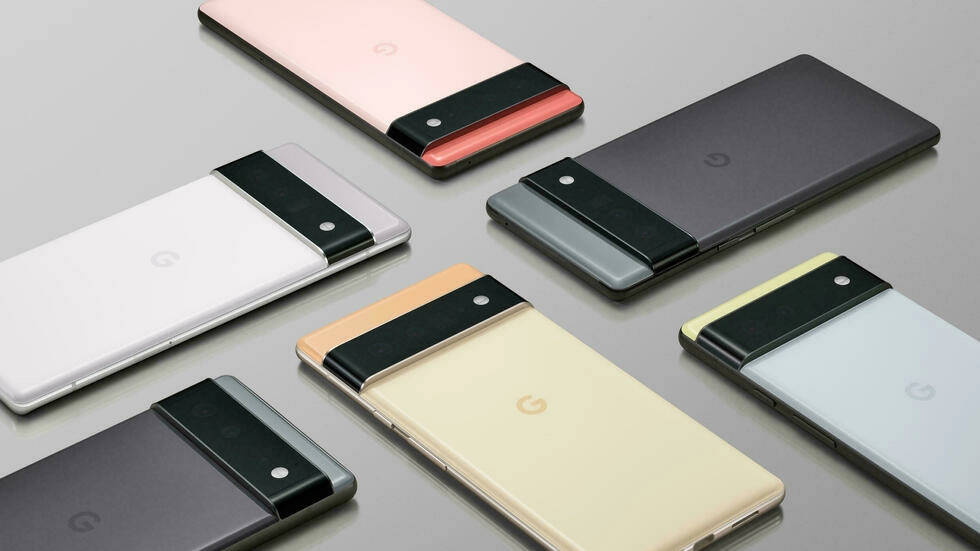Google launched new Pixel 6 smartphones on Tuesday, its latest attempt to field a champion in a sector the tech giant has dismally failed thus far to conquer.
Smartphone sales are dominated by Apple and South Korean electronics colossus Samsung, but Google is aiming to expand its single-digit marketshare with the newest Android-powered Pixel line.
Google touted the phones as completely “reimagined” during a presentation in which it pointed to security, speed, style and sophisticated software capabilities.
“This year is quite a bit different,” said Google devices senior vice president Rick Osterloh.
Pixel phones have been seen as a way for Google to showcase the capabilities of its free Android mobile operating system, but its share of the global smartphone market has been meager.
Analyst Brad Akyuz explained “Pixel’s mediocre penetration performance” by citing handset glitches in past models and US mobile service providers subsidizing other brands in offers to customers.
“The one area where the Pixel has excelled at is software, but it has not been enough to differentiate much,” he added.
The new handsets take a page from Apple’s playbook with sophisticated hardware and a custom chip that tap into the internet giant’s other offerings.
Samsung uses Google-backed Android software to power phones, offering handsets at a wide variety of prices.
Apple has consistently aimed iPhones at the high-end of the market, controlling the hardware and software so tightly it has raised antitrust concerns.
“We have state-of-the-art hardware, which means Pixel can deliver even more impressive real-world performance, as well as new AI-driven experiences that have never been possible before,” said Osterloh
‘Ambient computing’
Pixel 6 models, with superfast 5G wireless capability, debut Google’s own Tensor chip crafted to enable computers to think more like people do.
The Pixel 6 hardware and software mix ramps up the smartphone’s ability to understand what has been called another step toward a future of “ambient computing,” according to Osterloh.
The phrase refers to being able to access the internet or computing power conversationally at any time as portrayed in the 2013 science fiction romance film “Her.”
An array of sensors for photography are in a band on the back of the smartphone, with the Pixel 6 having a 6.4 inch, edge-to-edge screen and the Pro model being slightly larger.
Camera features included images that more accurately portray skin tones across races, and a “magic eraser” to make unwanted objects or people in photos disappear.
Pixel 6 pricing starts at $599, while the Pixel 6 Pro starts at $899. Google is taking orders for the smartphones, which will be available beginning Oct. 28.
Global smartphone shipments overall fell six percent in the third quarter of this year as handset makers struggled to meet demand due to shortages of components, according to market tracker Canalys.
Samsung was the top smartphone vendor with 23 percent of the market, while Apple was second with 15 percent and Chinese firm Xiaomi on its heels with 14 percent, Canalys reported.








